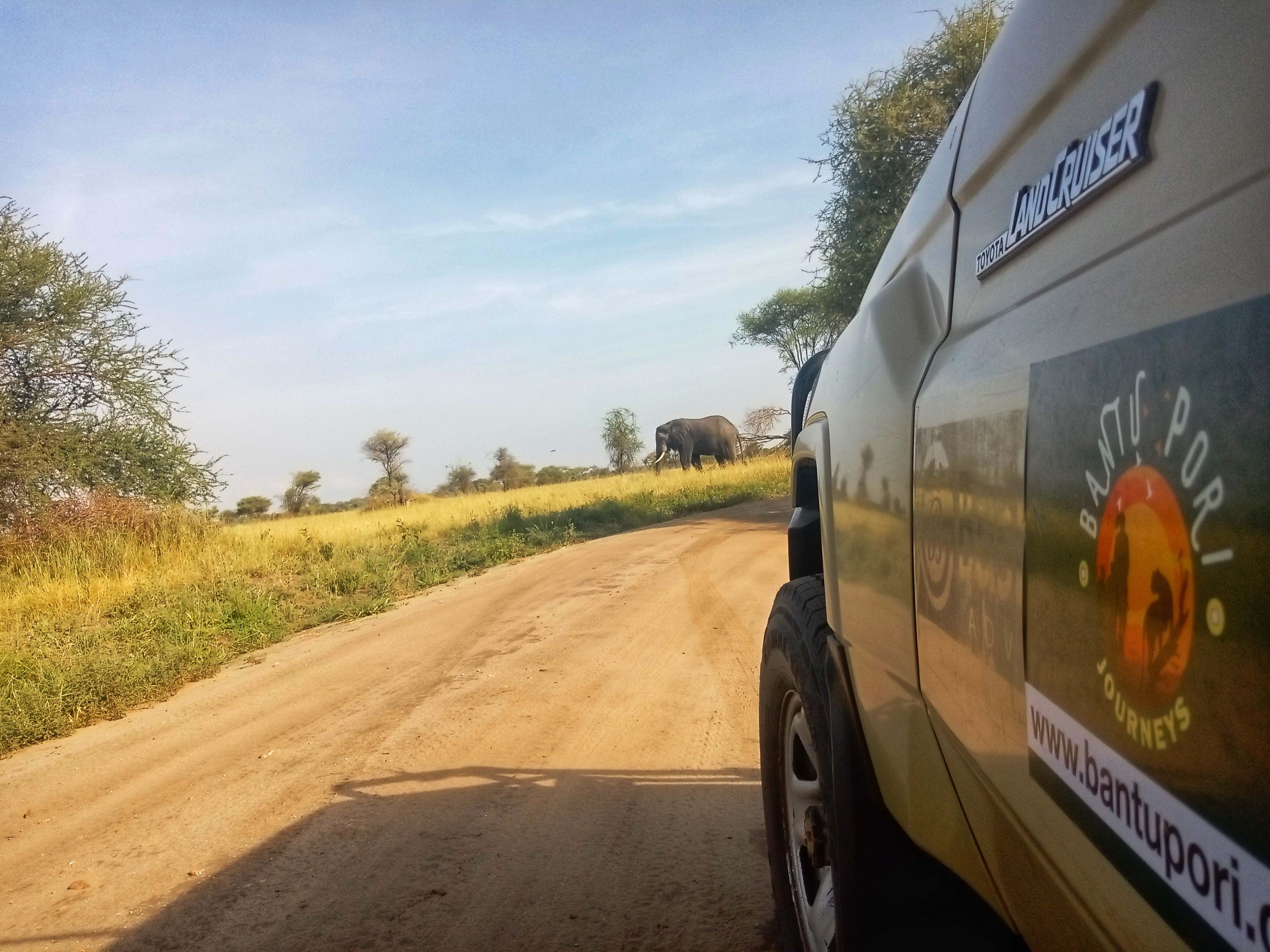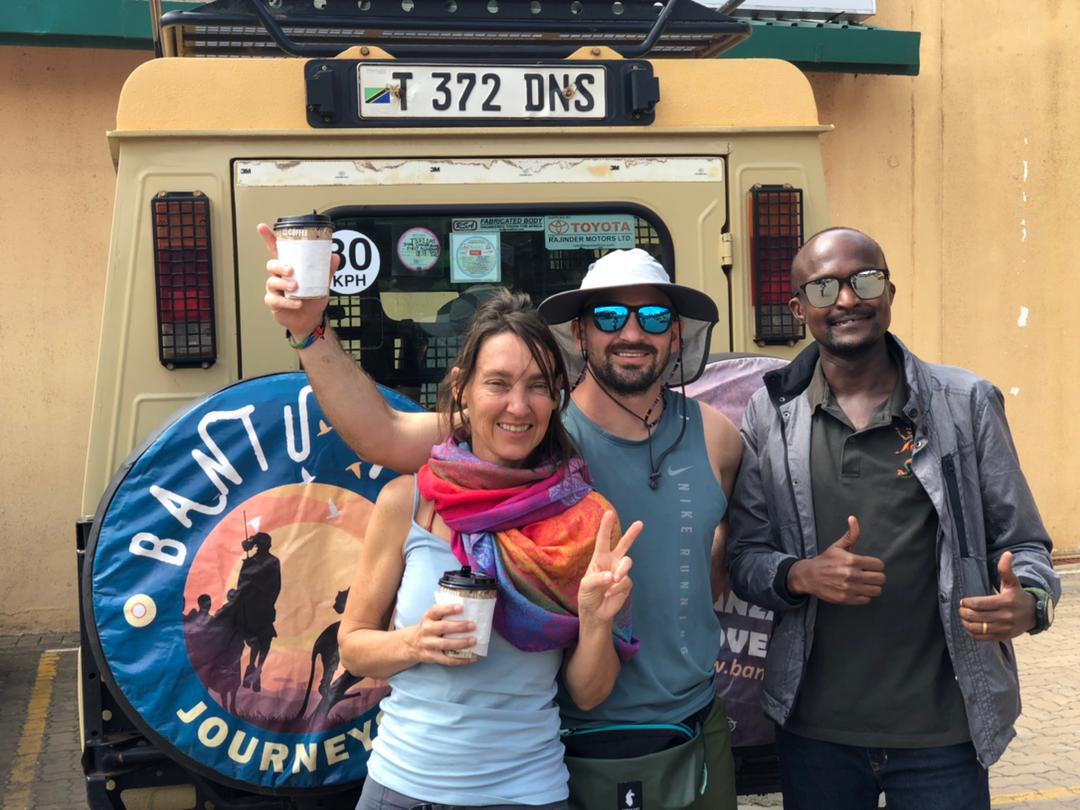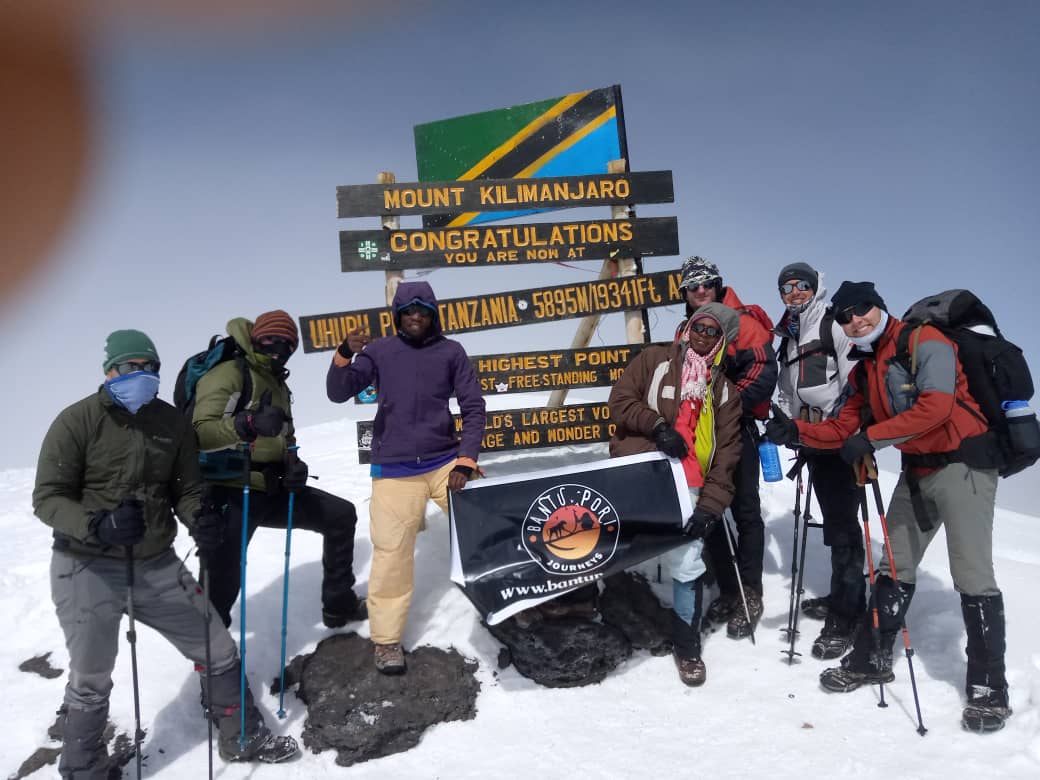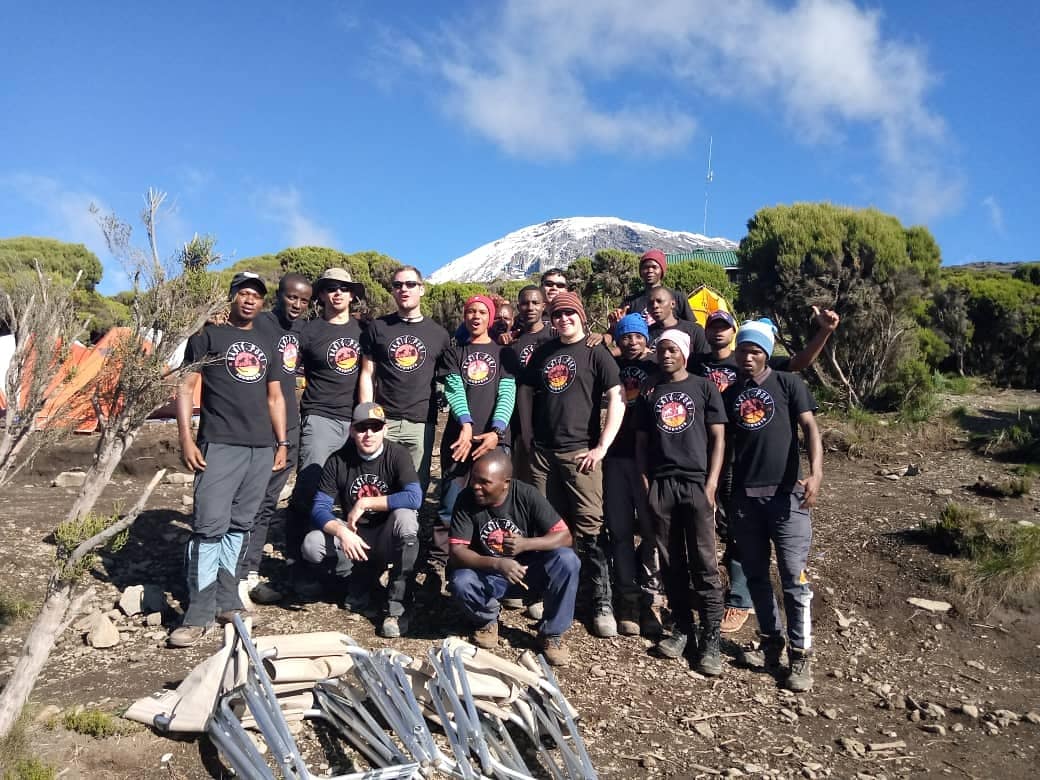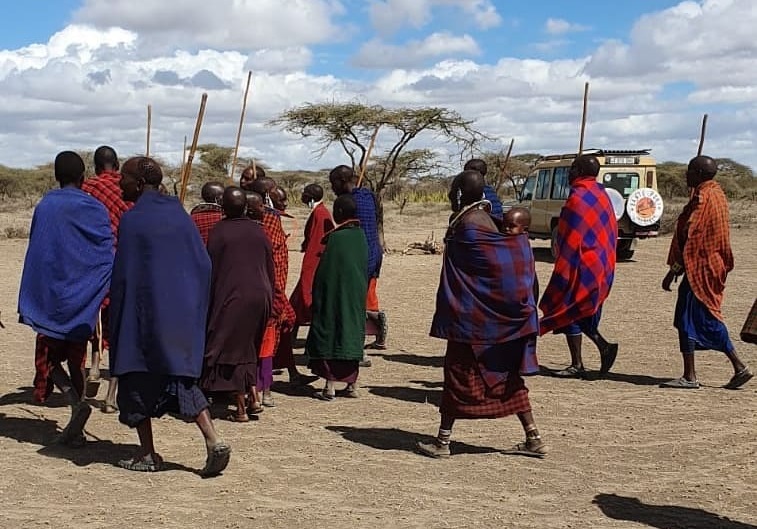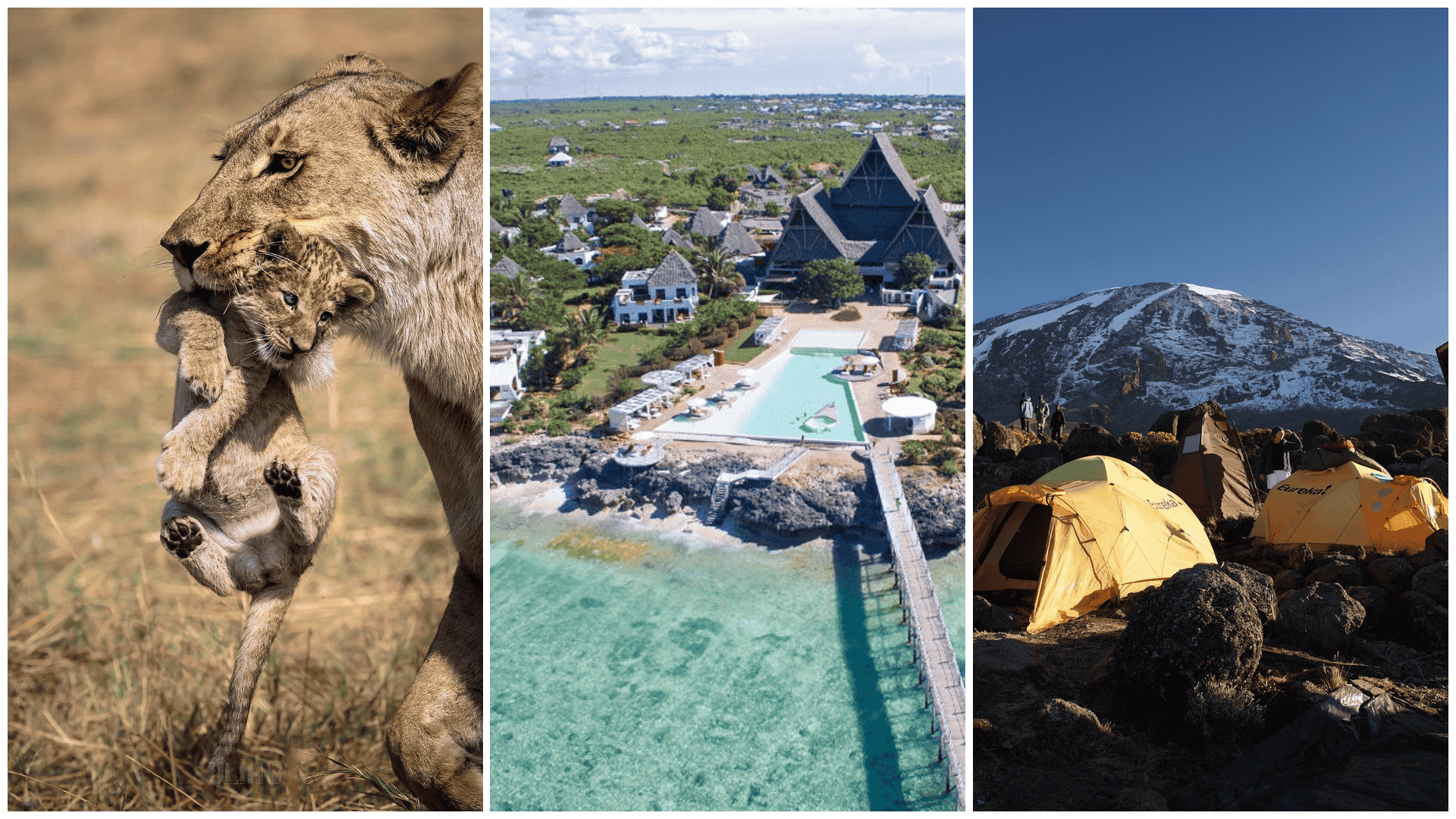
Tanzania Travel Guide: Essential Info & Tips
When planning a safari in Tanzania, understanding the essential travel information will ensure a smooth, enjoyable, and safe experience. Below, we’ve gathered key travel details that will help you prepare for your trip to Tanzania.
This guide should provide you with all the key information you need to make the most of your trip to Tanzania. If you have any specific queries, don’t hesitate to contact Bantu Pori Journeys for more personalized advice and travel assistance.
